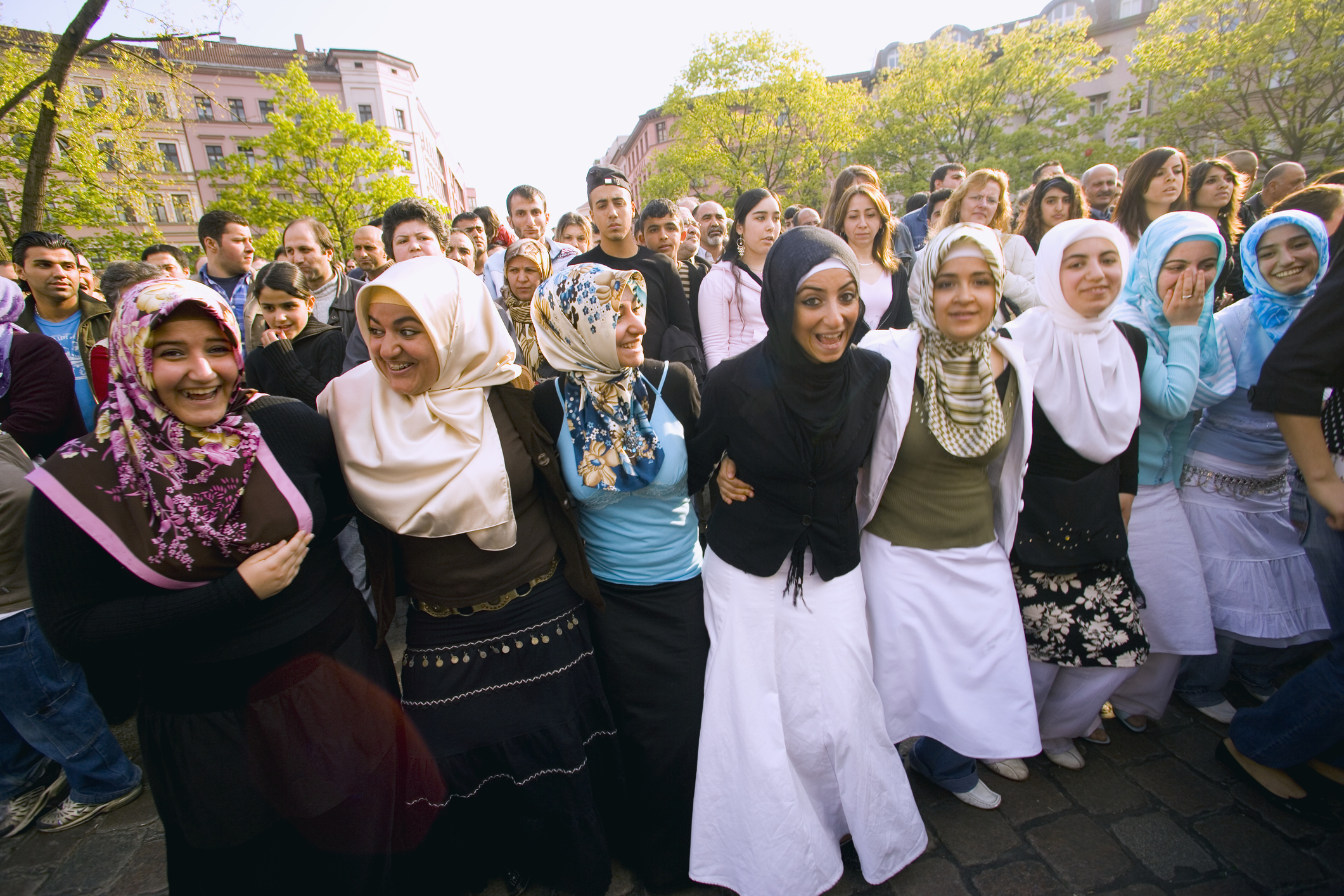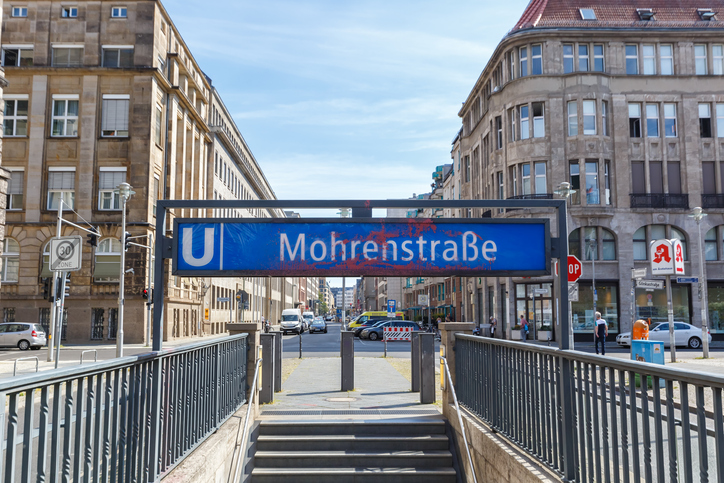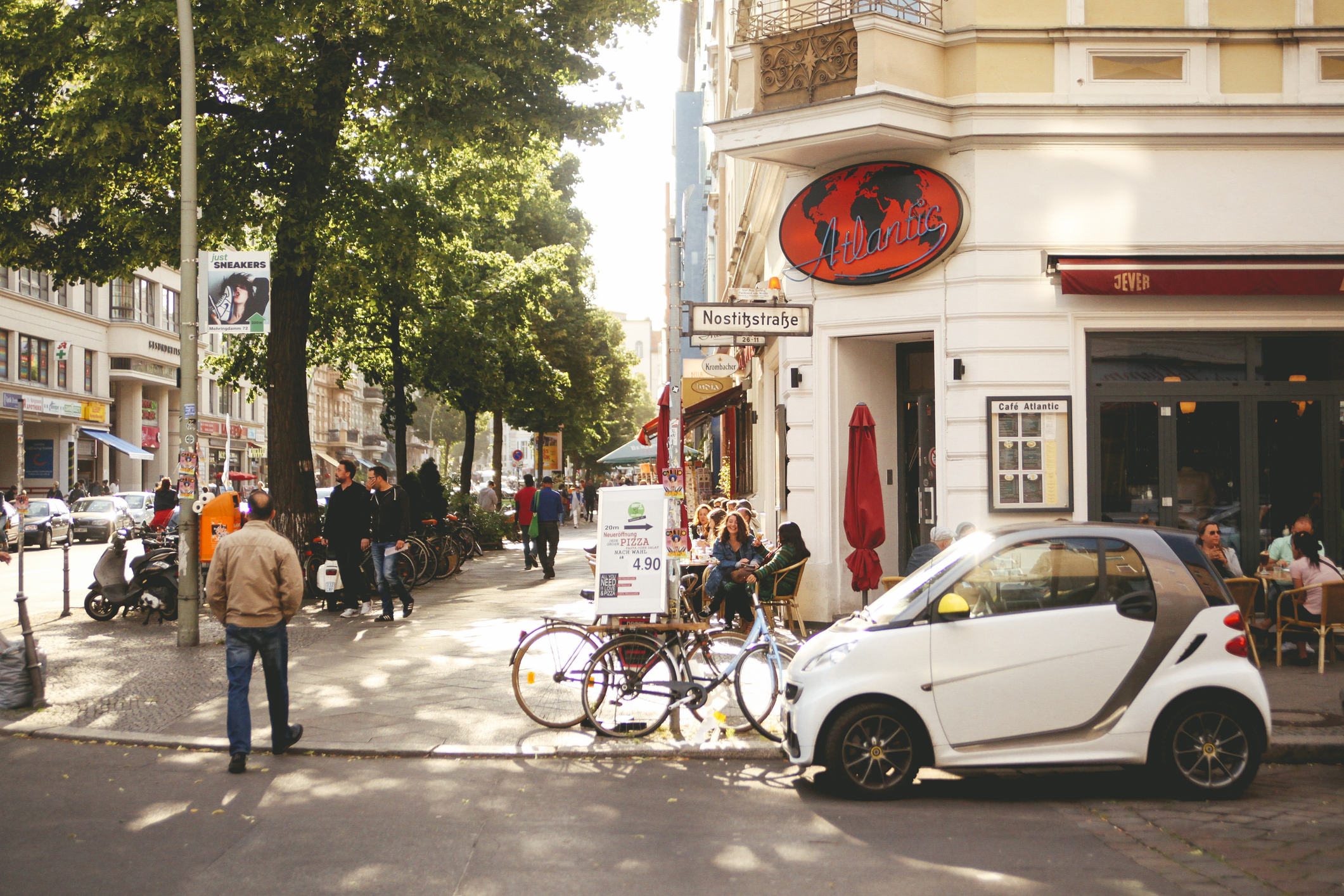The decision to drop personal interviews in Germany’s citizenship application process is wrong, according to the country’s interior minister, Alexander Dobrindt.
Dobrindt’s remarks came after it became known that Berlin had set an ambitious goal for its State Office for Immigration (LEA): The German capital’s administration wants to increase the number of foreigners granted German citizenship by 100 per cent to 40,000 people by the end of 2025. In 2024, about 20,000 foreigners received a German passport in the capital.
To achieve this, the immigration agency has introduced a fully digital naturalisation procedure. According to a city spokesperson, candidates for German citizenship were usually only required to show up in person “to obtain their certificate of naturalisation”.
“Naturalisation requires that the applicant commits to the free democratic basic order and declares that they do not pursue any anti-constitutional endeavours,” Dobrindt said.
“Every applicant must commit to the special historical responsibility, in particular for the protection of Jewish life. I find it difficult to imagine that this would work without a personal interview.”
Dobrindt said the agency should put the emphasis on examining candidates for German citizenship accurately rather than “achieving quotas”.
An internal protocol published by German newspaper Bild on July 20 reported that, by June 30, a total of 20,060 naturalisation had been carried out: “This means that the department has already achieved last year’s annual target after just six months and is well on track to reach its goal of 40,000 naturalisations in total by 2025,” the outlet said.
LEA head Engelbert Mazanke told Bild: “The target of 40,000 is my management decision, because we have 40,000 pending naturalisation applications from the districts in Berlin.”
An anonymous LEA employee interviewed by the newspaper accused the agency of handing out passports to candidates who did not meet the criteria for citizenship such as sufficient knowledge of the German language.
The employee also said staff were required naturalise eight foreigners per week. As a reward, workers would then be allowed to operate from home.
In 2024, Berlin handed out citizenship to 21,802 foreigners. The administration reportedly marked the achievement with a cake bearing the slogan “Naturalisation 20,000”.
Berlin is currently governed by a coalition between the Conservative Christian Democratic Union (CDU) and the left-wing Social Democratic Party of Germany (SPD) – as is the country at the federal level.
Berlin city Mayor Kai Wegner is a CDU politician.
News of the ambitious goal of the immigration agency have sparked the ire of some of Wegner’s fellow Conservatives – who vowed to curb immigration to Germany.
MP Thomas Silberhorn said the Berlin practice was unacceptable: “Parliament will abolish fast-track naturalisation this autumn. The fact that these procedures are now being accelerated in Berlin undermines the current legislation,” he claimed.
Altogether 292,000 foreigners received German citizenship in 2024 – a record since the start of the statistic being recorded in 2000.
Of the naturalised foreigners, 28 per cent were Syrians, 8 per cent were Turks, 5 per cent Iraqis, 4 per cent Russians and 3 per cent Afghans.
Germany has 83 million inhabitants in total, while Berlin is home to 3.7 million of them.





